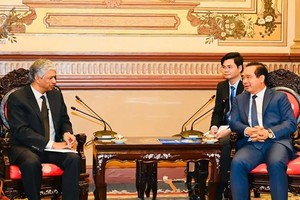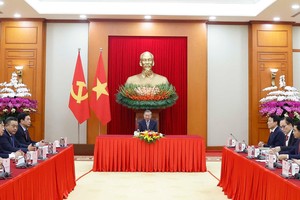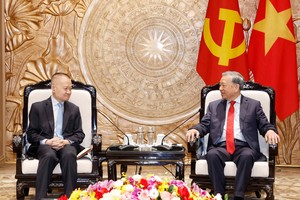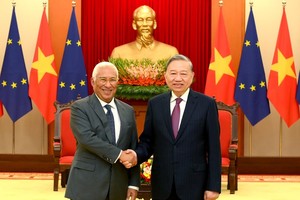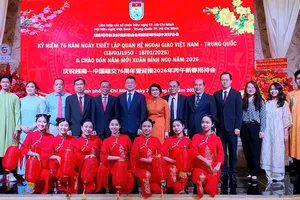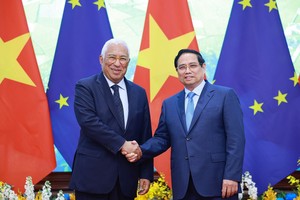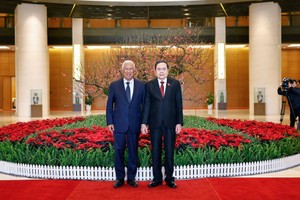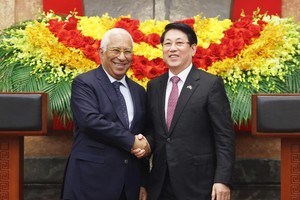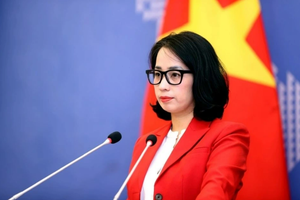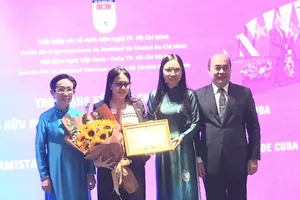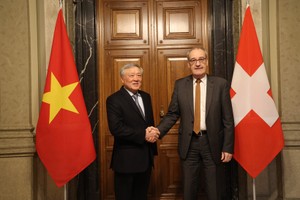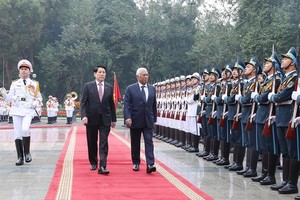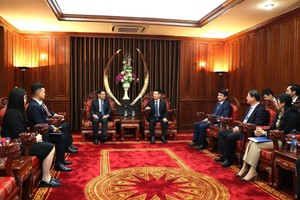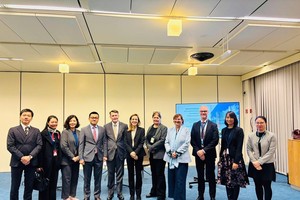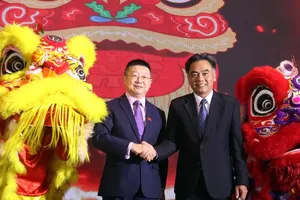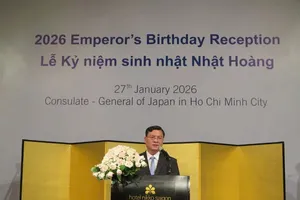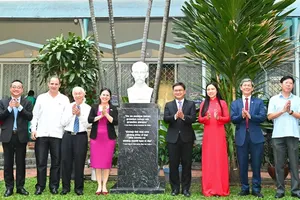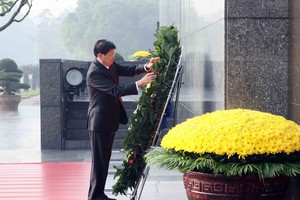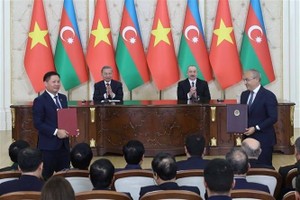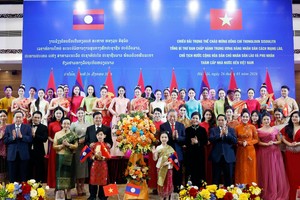The MRC is an intergovernmental organisation that works with the governments of Cambodia, Laos, Thailand, and Vietnam to manage the shared water and related resources of the Mekong River for the sustainable development of the Mekong region.
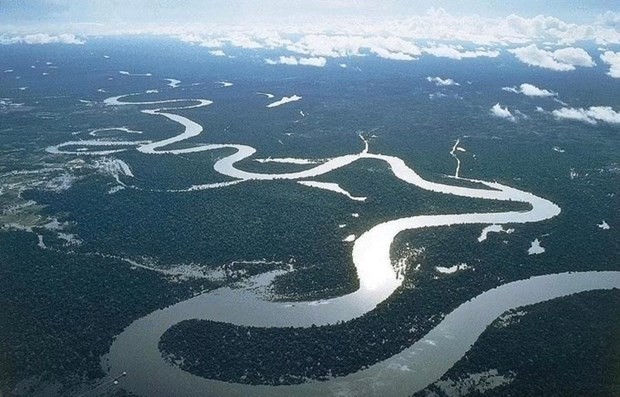 |
| A section of the Mekong River - Illustrative image (Photo: luxurycruisemekong.com) |
It was founded under the Mekong Agreement in 1995, building on previous cooperation through the Mekong Committee established in 1957. As a country in the lower basin of the Mekong River, Vietnam has proved to be an active and responsible member of the MRC.
It has expanded cooperation with the other member countries and international partners to promote the effective use of water resources and related resources of the Mekong River, contributing to the nation's socio-economic development, especially its Mekong Delta.
The PM's attendance at the event demonstrates the country's responsibility and commitment to the MRC; highlights Vietnam's special interest in the stable and sustainable development of the Mekong River basin; and affirms the country’s efforts and contributions to the effective use and sustainable management of the Mekong River's water resources for the benefits of the people in the basin, towards sustainable development.
With the theme “Innovation and Cooperation for a Water Secure and Sustainable Mekong”, the conference focuses on discussing orientations and directions related to the development and management in the Mekong River basin, and agreements and plans to achieve the outcomes of the Mekong River Basin Development Strategy in 2021-2030.
The event will bring together the Prime Ministers of the MRC member countries, representatives of the dialogue partners of the commission, namely China and Myanmar, and those from development partners, regional and international organisations, social organisations and the communities in the region.
Participants will approve Vientiane Joint Statement, which will evaluate achievements made by the regional countries in recent years; analyse and assess challenges and opportunities for cooperation within the commission; and set out cooperation orientations for the future.
